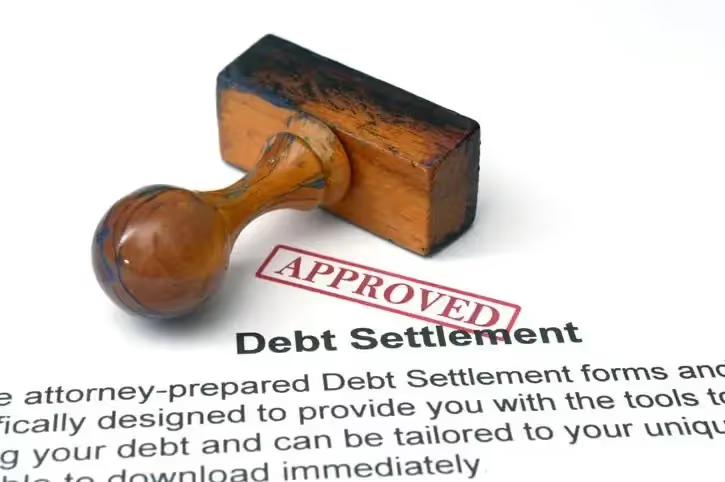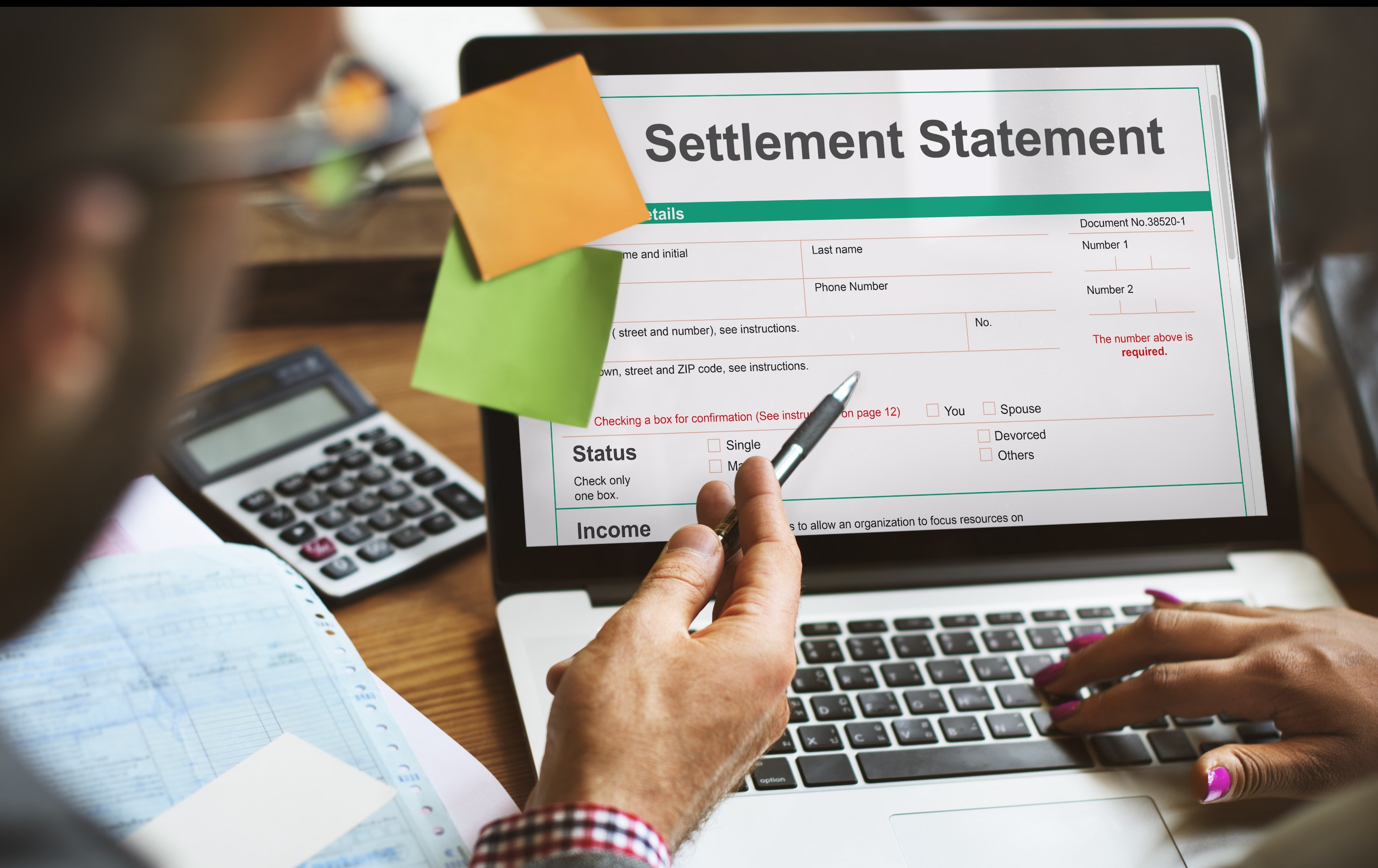
Pros of Debt Settlement Programs:
- Reduced Debt Amount: The big win here is the potential to reduce your debt. This facilitates a quicker and more cost-effective path to debt repayment.
- One Monthly Payment: Simplify your life with a single monthly payment to the settlement program. The program then pays out funds to creditors per negotiated reductions, simplifying financial management.
- Debt-Free Faster: Unlike the slow crawl of credit counseling, settlement can fast-track you to being debt-free because you’re dealing with a reduced amount.
- End Harassing Calls: No more dodging calls from creditors and their collection antics. Settlement can give you the peace of mind you’ve sought.
Cons of Debt Settlement Programs:
- Credit Score Hit: settlement can adversely affect an individual’s credit score as it involves partial payments rather than settling the total amount monthly.
- Potential Legal Hassles: During nonpayment, creditors may resort to legal remedies. Choosing settlement instead of bankruptcy can be risky, especially if you’re already behind on payments.
- Tax Troubles: If the forgiven portion of the debt exceeds a certain amount, the IRS may consider it taxable income. However, it only applies if the individual is financially solvent at the time of settlement.
The Process in a Nutshell:
Debt settlement unfolds through collaboration with a third-party company that negotiates reduced settlements with creditors. The individual discontinues regular payments to creditors, channeling funds into a designated savings account managed by the settlement company. Upon accumulating sufficient funds, negotiations begin, spanning months to years, based on the owed amount and financial circumstances. Once an agreement is reached, the individual makes a lump-sum payment or establishes a payment plan to settle the diminished amount.
What Can Debt Settlement Help With:
Settlement programs apply to various unsecured debts, including:
- Credit Cards
- Unsecured Loans
- Unsecured Personal Loans
- Unsecured Personal Lines of Credit
- Collections and Autos in Repossession
- Medical Bills
But keep in mind some debts need a different approach:
- Lawsuits, IRS Debt, and Unpaid Taxes
- Utility Bills and Auto Loans
- Government Loans
- Federal Student Loans
- Secured Debts
- Home Loans/Mortgages
Why Debt Settlement is a Solid Option:
If you’re struggling to make ends meet, debt settlement might be calling your name, unlike other debt relief methods such as consolidation or credit counseling.
Anyone can use debt settlement, even if they have bad credit, which is helpful for those with credit issues. It empowers individuals to circumvent bankruptcy and retain control over their debts. It presents an opportunity for substantial savings, with creditors often agreeing to settlements at 50% or less of the original amount.
Sure, there are pros and cons to debt settlement. Coastal Debt Resolve can assist you in negotiating your debt and achieving financial freedom with tailored debt settlement solutions that help you regain stability without unnecessarily damaging your credit score.










